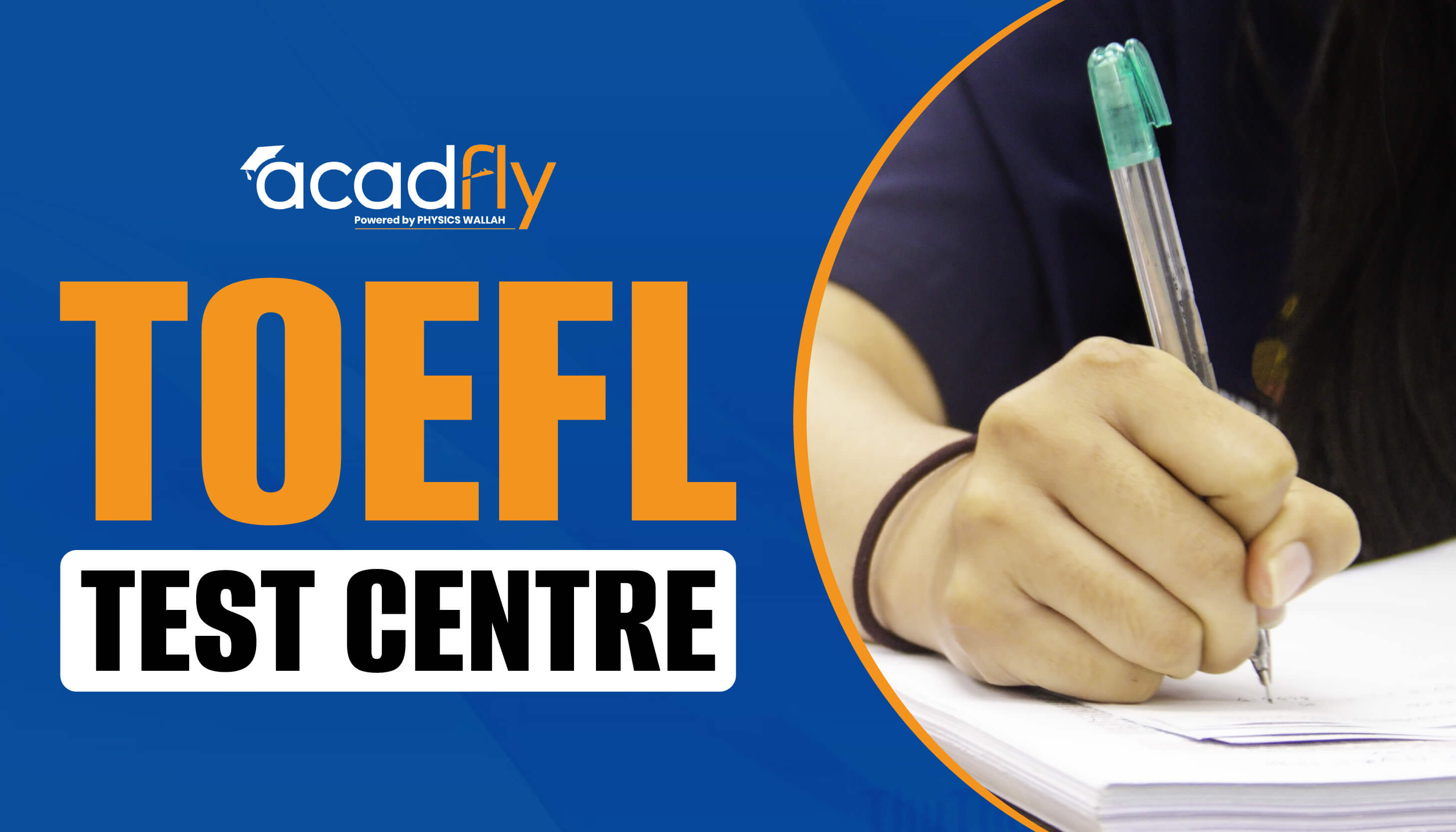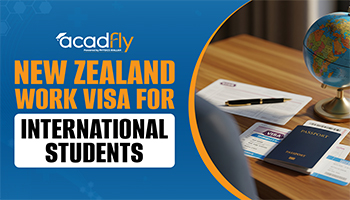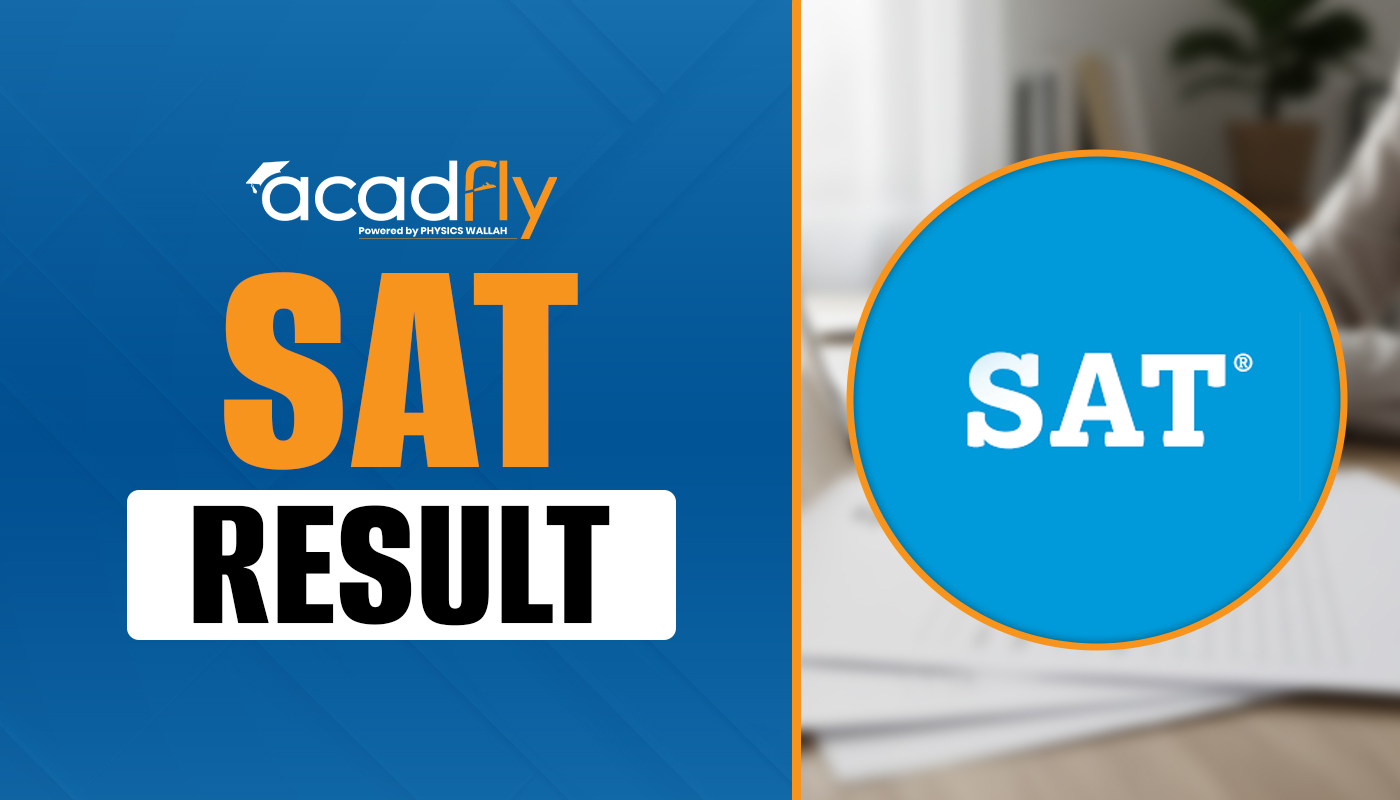
International Student Life in Ireland offers a unique and enriching experience marked by academic excellence, cultural immersion, and welcoming communities. Ireland’s world-class universities provide high-quality education with diverse programs and a strong focus on research and innovation. Beyond academics, students enjoy vibrant cultural activities, engaging in Irish traditions, music festivals, and historical sites, which enhance their overall experience.
The life of an international student after masters in Ireland is rewarding, with excellent career prospects and post-study work visas facilitating valuable work experience. Practical considerations like accommodation and part-time work opportunities help manage living expenses. Overall, study in Ireland as an international student promises personal and professional growth in a supportive and dynamic environment.
Life of an International Student After Masters in Ireland
Navigating international student life in Ireland after completing a master’s degree involves several critical steps. Post-graduation, you can apply for the Third Level Graduate Scheme, which permits you to stay in Ireland for up to 24 months to seek employment. It’s crucial to ensure that your degree is recognized by the Irish National Framework of Qualifications and that you have sufficient financial resources to support yourself during this period. Once you secure a job, you will need to transition from the graduate visa to an appropriate work permit, such as the Critical Skills Employment Permit or the General Employment Permit, depending on your job type. Ireland’s job market is robust, particularly in sectors like technology, finance, and pharmaceuticals, so leveraging university career services, attending networking events, and utilizing job portals can significantly aid your search.
Additionally, managing your living arrangements and finances is essential for a smooth transition. Finding suitable accommodation through resources like Daft.ie and Rent.ie is important, especially given the high cost of living in cities like Dublin. Maintaining health insurance is mandatory, so you should either extend your existing policy or choose a new plan based on your employment status. Engaging in local community activities can help you integrate and build a support network in Ireland. Financial management, including setting up a local bank account and understanding the Irish tax system, is also crucial. Staying compliant with visa regulations and exploring further education or career development opportunities through university alumni services can further enhance your professional growth and ensure a successful experience in Ireland.
Accommodation for International Students in Ireland
|
Accommodation Type |
Description |
Pros |
Cons |
Examples |
|
University Accommodation |
On-campus or university-managed housing options. Includes dormitories and student residences. |
Proximity to campus, access to university facilities, often includes utilities and internet. |
Limited availability, may have shared facilities. |
University dormitories, student halls. |
|
Private Rentals |
Renting an apartment or house independently. Can be found through online listings or rental agencies. |
Greater independence, potential for more space and privacy. |
Requires managing utilities and maintenance, can be more expensive. |
Daft.ie, Rent.ie, MyHome.ie. |
|
Student Accommodation Providers |
Purpose-built student housing with amenities such as study areas, gyms, and social spaces. |
Designed for students, includes various amenities and social opportunities. |
Can be more expensive than other options, may be less private. |
Student housing companies like Uninest, The Student Housing Company. |
|
Shared Accommodation |
Renting a room in a house or apartment shared with other students or professionals. |
Lower rent, shared responsibilities, social opportunities. |
Shared space may lead to conflicts, less privacy. |
Shared houses, flatshares. |
|
Homestays |
Living with a local family, providing a cultural immersion experience. |
Cultural integration often includes meals, supportive environment. |
Less independence, may have to follow family rules. |
Homestay programs through agencies or university partnerships. |
Career Opportunities and Work Visas for International Students in Ireland
Work Visas for International Students
During Studies
International students in Ireland on a Stamp 2 visa can work up to 20 hours per week during the academic year and 40 hours per week during scheduled breaks. This allows students to gain part-time work experience while managing their study commitments, providing valuable income and enhancing their resumes.
Post-Graduation
The Post Study Work Visa (Stamp 1G) allows international graduates to stay in Ireland for up to 24 months to seek employment and gain practical work experience. This visa facilitates the transition from academic studies to professional work, enabling graduates to explore career opportunities and build networks within Ireland.
Career Opportunities for International Students
Technology Sector
Ireland is a hub for major tech companies and startups, offering numerous opportunities in fields such as software development, IT support, and data analysis. International students can leverage their technical skills and academic backgrounds to secure roles in this dynamic industry.
Finance and Business
The finance and business sectors are robust in Ireland, with opportunities in banking, financial services, and business management. Cities like Dublin and Cork are central to these industries, providing a range of positions for graduates with relevant qualifications.
Healthcare
With an increasing demand for healthcare professionals, Ireland offers career opportunities in nursing, medical research, and allied health professions. Graduates can find roles in hospitals, clinics, and research institutions across the country.
Engineering
Ireland’s growing infrastructure and industrial sectors create opportunities in civil, mechanical, and electrical engineering. Graduates can apply their engineering expertise to various projects and industries, contributing to the country’s development.
Healthcare and Wellbeing for International Students in Ireland
Health Insurance Requirements
International students in Ireland are required to have health insurance for the duration of their stay. Many universities provide information on suitable health insurance options, and some offer their own health plans to cover basic medical needs.
University Health Services
Universities often offer health services for students, which may include medical consultations, vaccinations, and basic health screenings. These services are designed to provide convenient and affordable access to healthcare and support the overall well-being of international students.
Access to Public Healthcare
International students can access the public healthcare system through the Health Service Executive (HSE), which provides general practitioner (GP) services, hospital care, and emergency medical services. Students are encouraged to register with a local GP for regular check-ups and referrals as needed.
Mental Health Support
Universities in Ireland provide mental health and wellbeing resources, including counseling services, support groups, and wellness programs. These resources are aimed at helping students manage stress, anxiety, and other mental health challenges during their studies.
Emergency Services
In case of medical emergencies, students can access emergency services through the public healthcare system. Hospitals and emergency departments are equipped to handle urgent medical situations, ensuring that students receive timely and appropriate care.
Wellbeing Programs
Many institutions offer wellbeing programs that focus on various aspects of student health, including physical fitness, nutrition, and stress management. These programs help students maintain a balanced and healthy lifestyle while studying abroad.
Essential Tips for International Students in Ireland
Navigating international student life in Ireland can be a rewarding yet challenging experience, and being well-prepared can enhance your stay. Here are some essential tips for international students to make the most of their time in Ireland:
Understand Local Customs and Culture
Familiarize yourself with Irish customs, traditions, and etiquette to better integrate into the local culture. Understanding cultural norms and participating in local events can enrich your international student life in Ireland and help you feel more at home.
Manage Your Finances Wisely
Budgeting effectively is crucial for managing living expenses. Ireland's cost of living can be high, so it’s important to track your spending and explore part-time work opportunities to supplement your income. Many students find that careful financial planning helps them enjoy their time in Ireland without undue stress.
Utilize University Resources
Take advantage of the support services offered by your university, including academic advising, career services, and student health resources. These services are designed to assist you in adapting to academic life and addressing any challenges you may encounter, contributing to a more successful international student life in Ireland.
Stay Connected
Building a network of friends and contacts can significantly enhance your experience. Join student organizations, attend social events, and engage with both local and international students. Establishing connections can provide support, broaden your social circle, and make your time in Ireland more enjoyable.
Learn About Healthcare
Ensure you are familiar with the healthcare system and know how to access medical services. Obtain the necessary health insurance and register with a local GP if needed. Being informed about healthcare options will help you stay healthy and address any medical concerns promptly.
Explore the Country
Take the opportunity to travel and explore different parts of Ireland. The country offers a rich history, stunning landscapes, and vibrant cities. Exploring Ireland can provide a deeper cultural experience and make your time as an international student more fulfilling.
Stay Organized
Keep track of important documents, such as your visa, accommodation details, and academic deadlines. Staying organized will help you manage your responsibilities effectively and reduce any potential stress related to paperwork or deadlines.
International Student Life in Ireland FAQs
How can international students find accommodation in Ireland?
Are there part-time job opportunities for international students in Ireland?
What kind of health insurance do international students need in Ireland?
What support services are available for international students in Ireland?
Engage in campus activities, join student clubs, and immerse yourself in local culture to help adjust. Seeking support from university resources and making new friends can also ease the transition.
What are the transportation options available for international students in Ireland?









